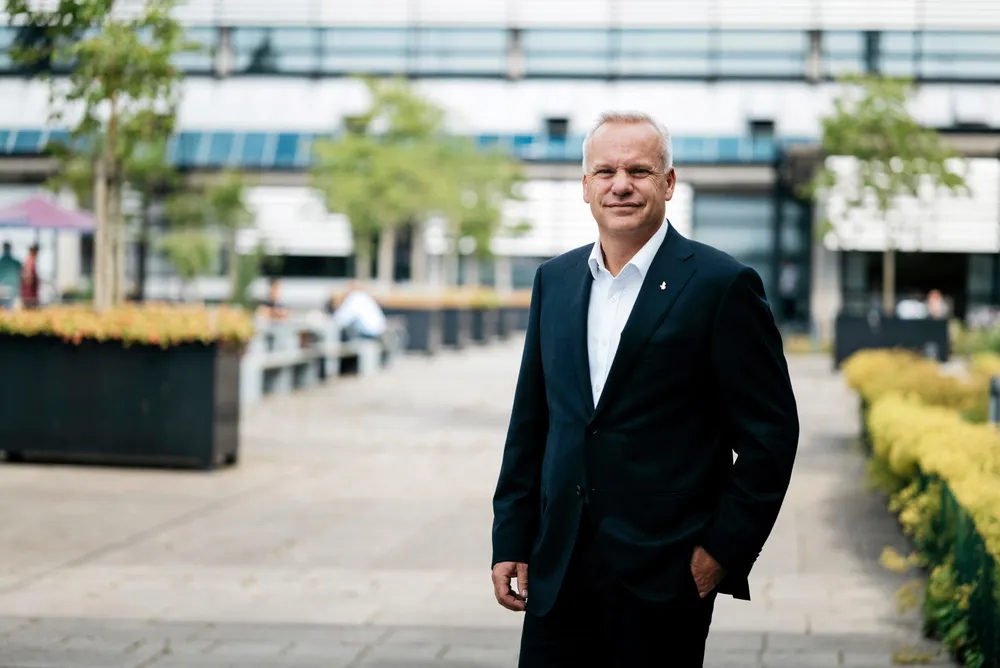Equinor to increase renewables investment despite rising oil prices
Chief executive Anders Opedal says company remains focused on the long game, with oil demand expected to taper off after 2030

Chief executive Anders Opedal says company remains focused on the long game, with oil demand expected to taper off after 2030
